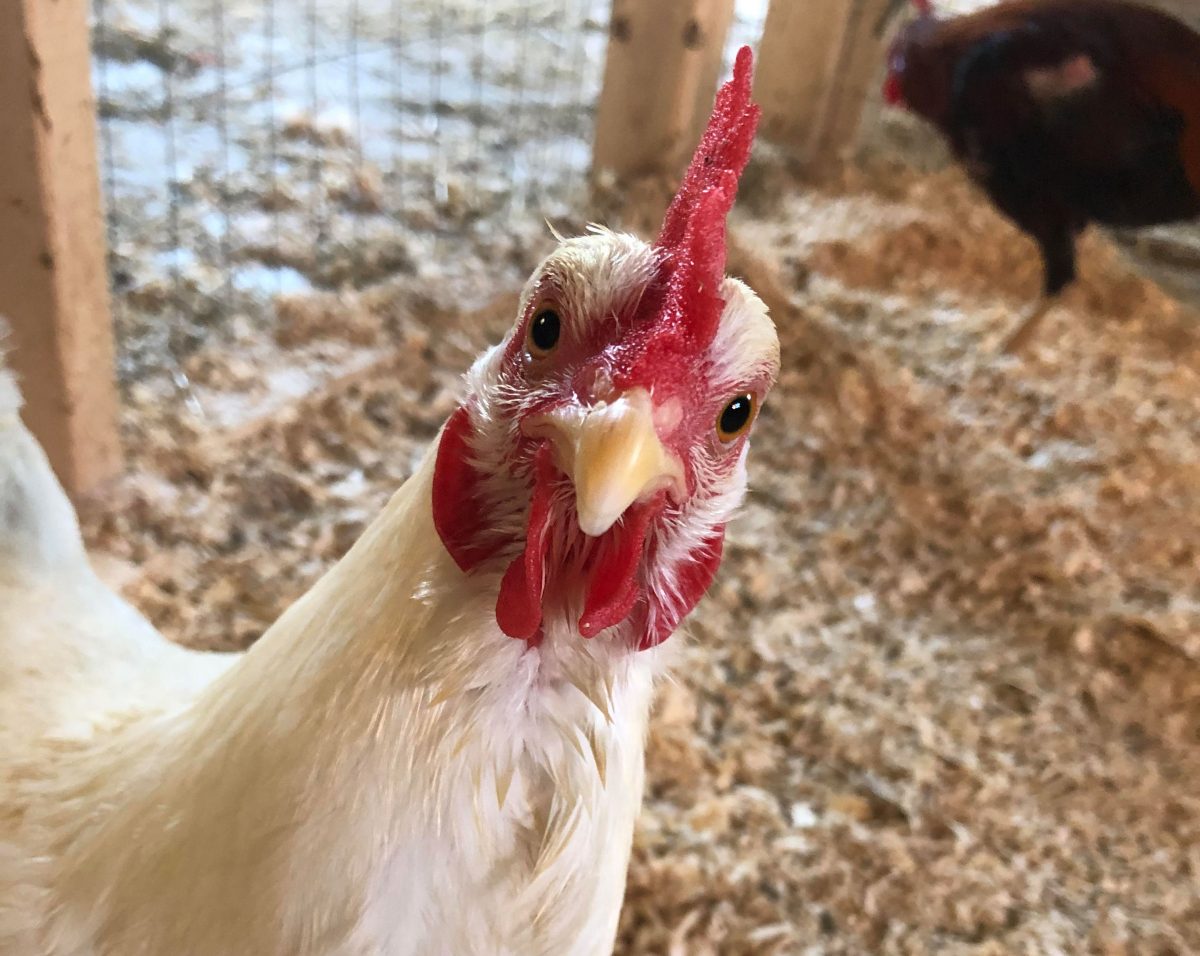
Tamerlaine Sanctuary & Preserve
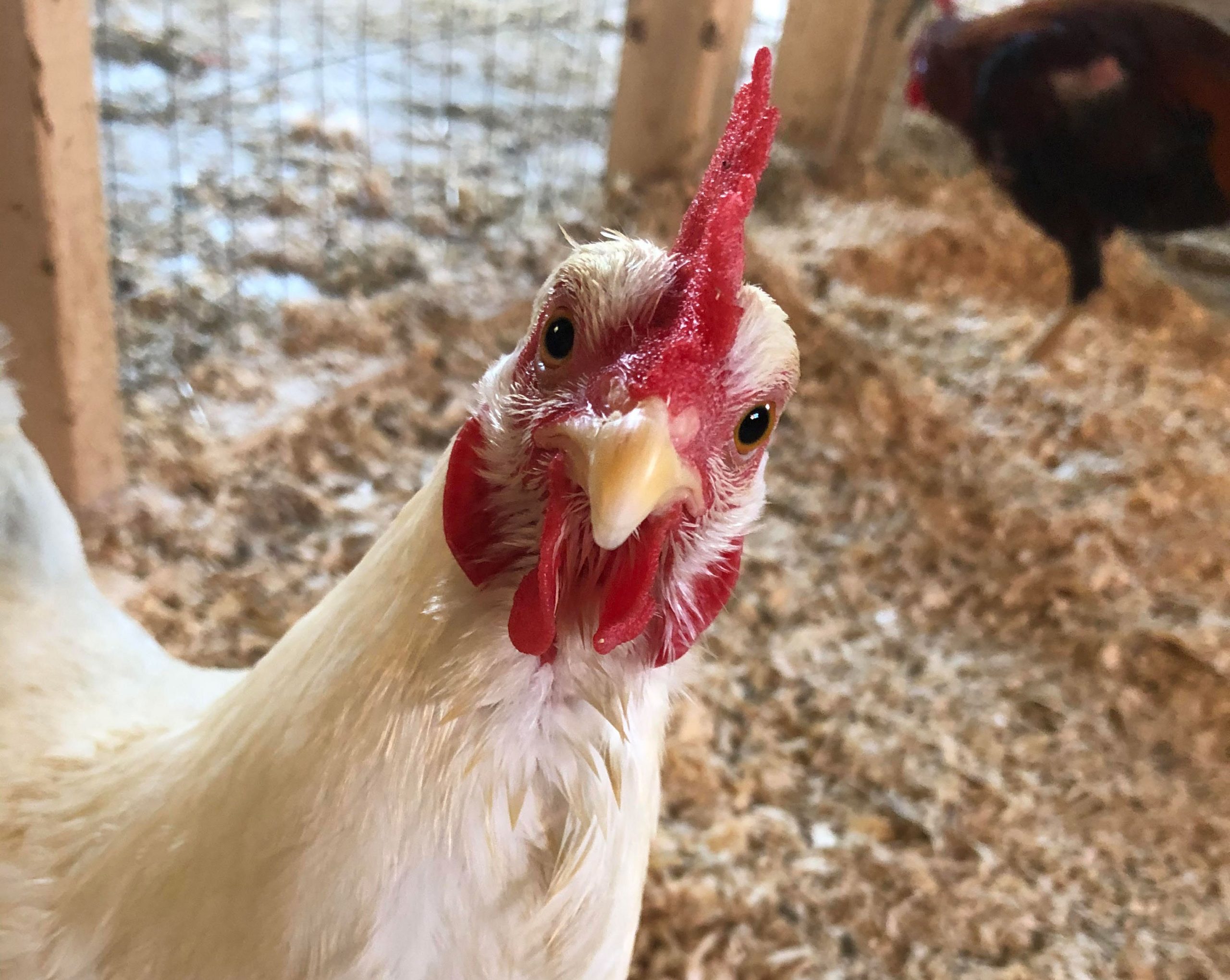
Name and location:
Tamerlaine Sanctuary & Preserve
141 Clove Road, Montague, NJ 07827

What animals do you have in your sanctuary?
Pigs, Goats, Cows, Turkeys, Chickens, Roosters, Peafowls, Ducks, Geese, Bunnies, Cats and Horses
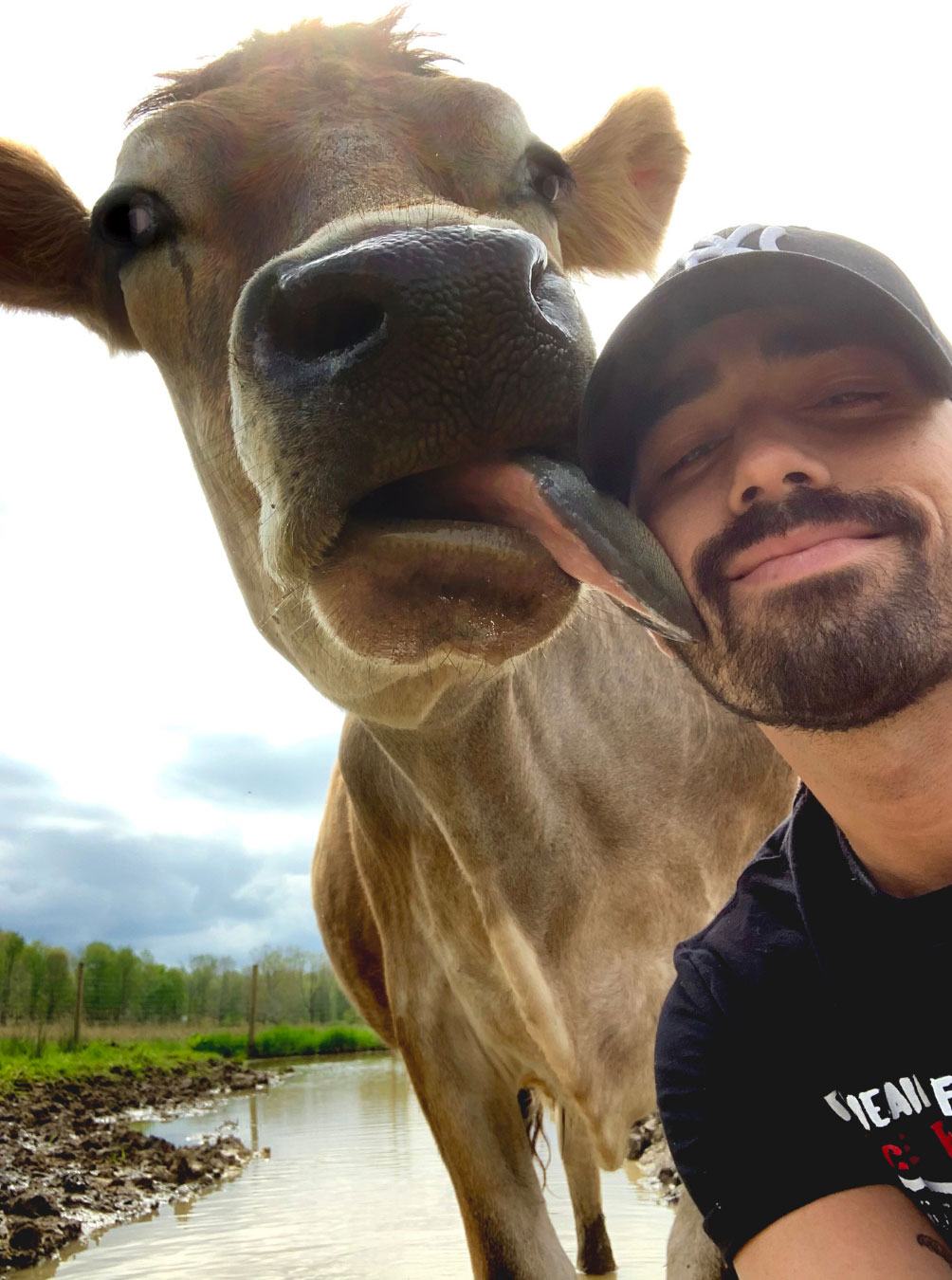
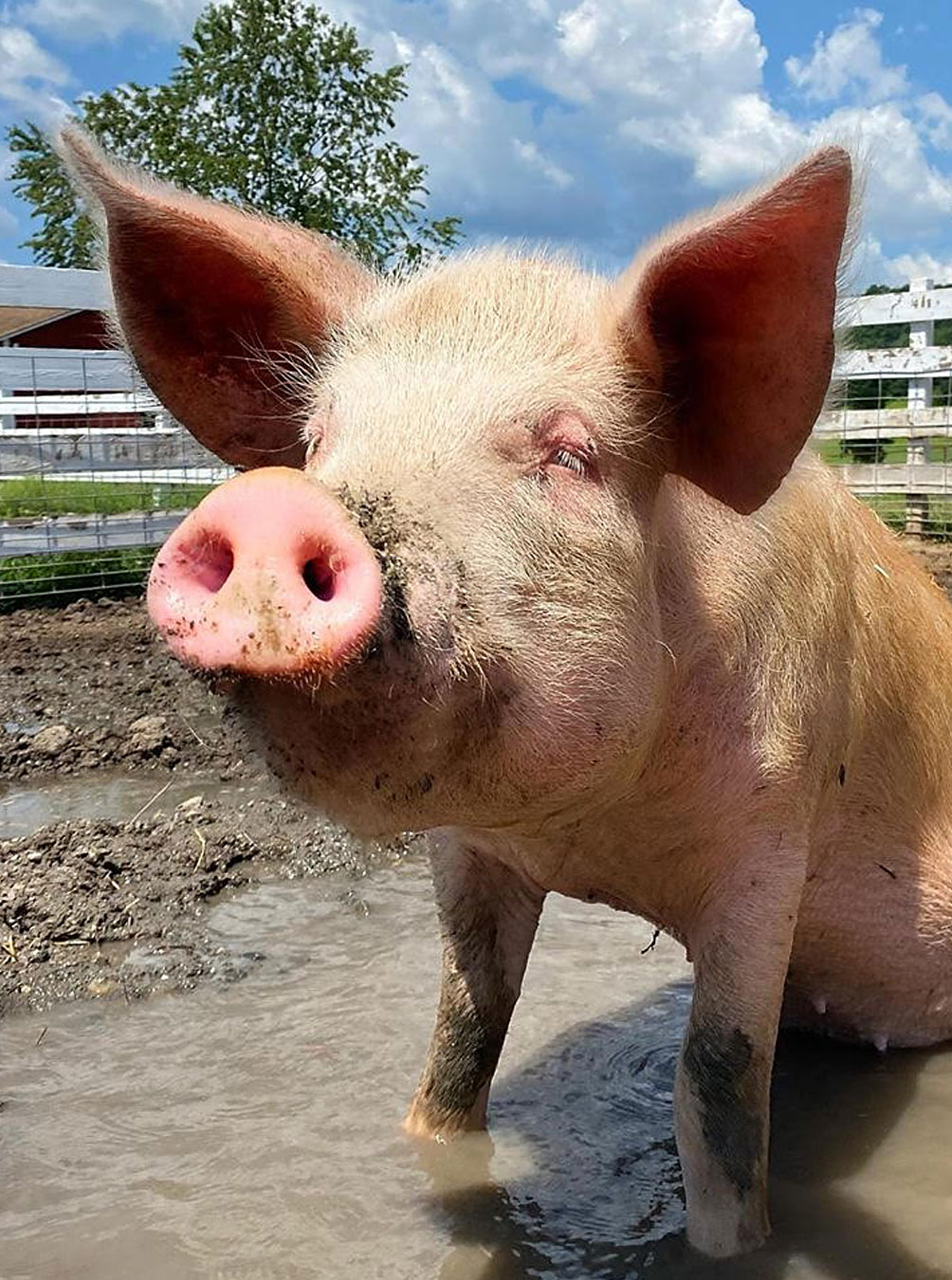
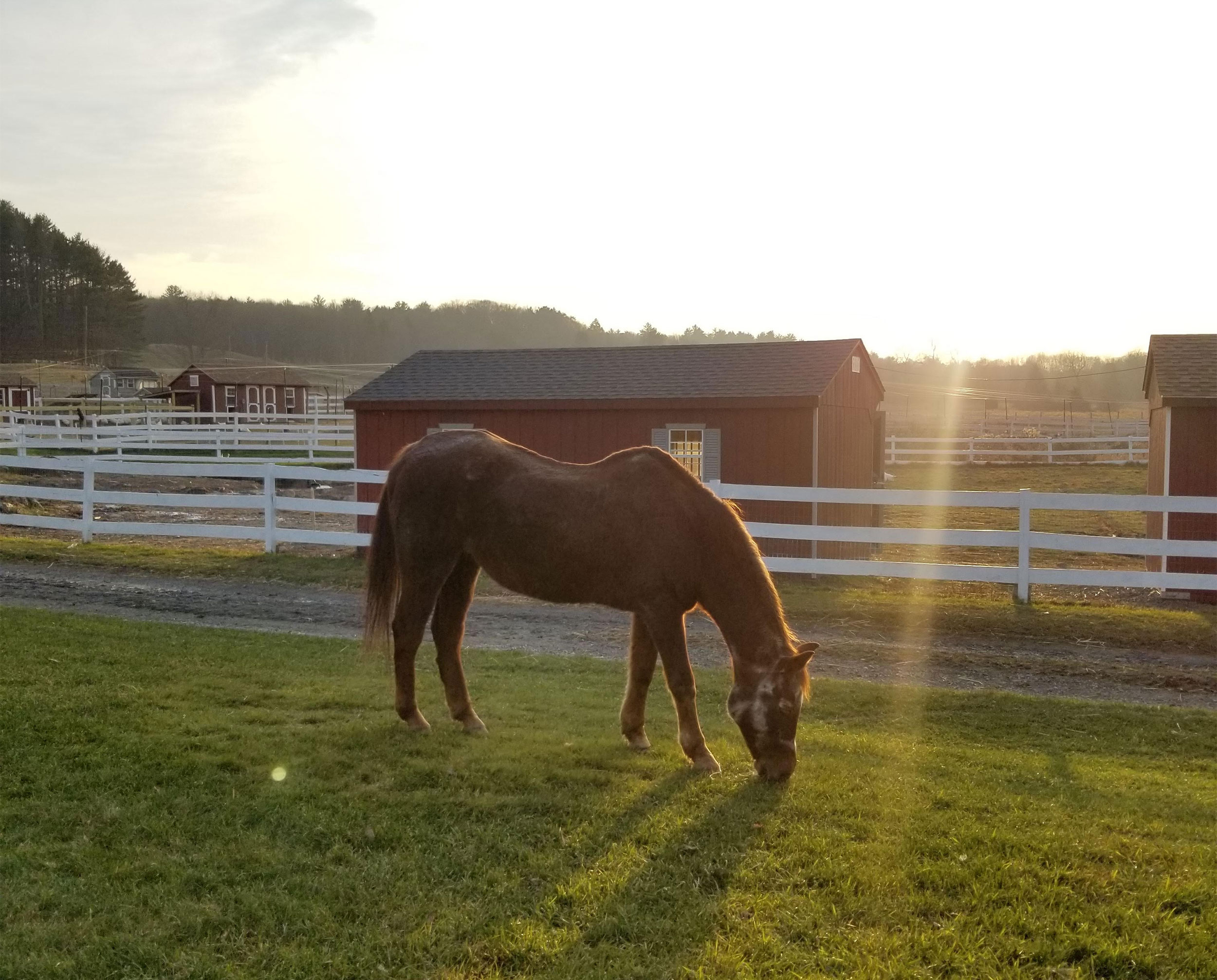
How did you get started with your sanctuary? What led/inspired you to open one?
Since 2013, we have been a paradise for previously neglected and abused farmed animals from our food system. All of them with their own unique personality and personal history, including animals rescued from factory farms, ritual sacrifices, urban slaughterhouses, and found abandoned or wandering the streets.
What led us to open a sanctuary is that the founders, Gabrielle Stubbert & Peter Nussbaum, adopted two roosters, Yuri and Jupiter. They never imagined the impact these two fellows would have on their lives. They would greet them when they got home, showed up at the back door waiting for snacks, and would eat breakfast in the kitchen with their two dogs. Yuri and Jupiter’s role in their lives ignited a dream to create a refuge for more of these intelligent and affectionate beings.
In 2014, we founded Tamerlaine Sanctuary & Preserve to create a paradise. In 2018 we expanded our sanctuary and moved to the historic Westfall Farm. Built in 1774, it is comprised of 336 acres of pristine and preserved farmland. We knew this would be the perfect home to serve and expand our mission of rescuing farmed animals and preserving native wildlife. Tamerlaine is the first and only sanctuary to be accredited by the Global Federation of Animal Sanctuaries in the state of New Jersey. We are creating a haven that will go on for generations to come.
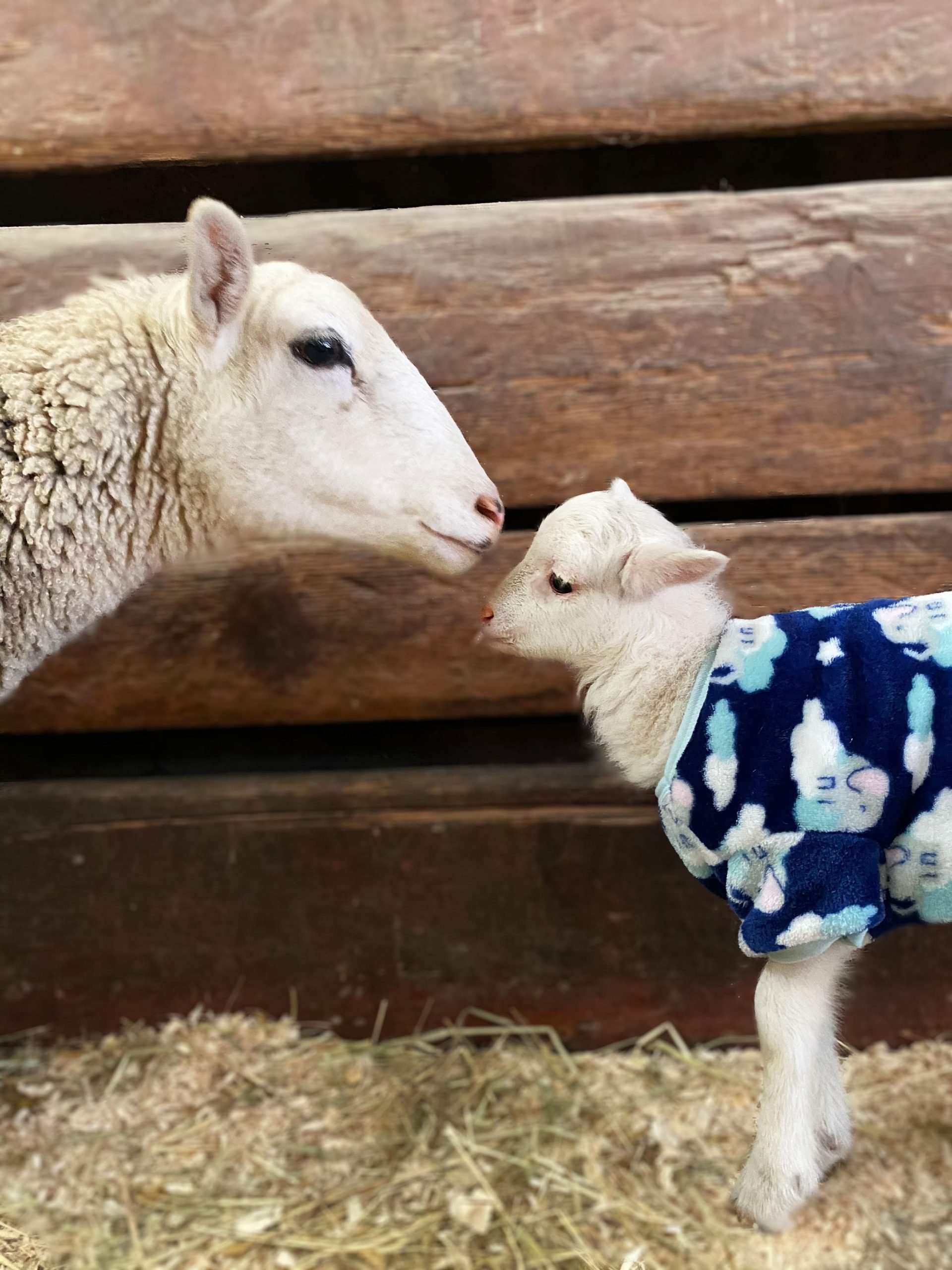
What is your dream for animals?
Our dream is a world that is compassionate toward all beings, especially the most vulnerable among us. To care for abused and neglected farmed animals, to conserve our native wildlife, and to educate about animal protection and environmental ethics.
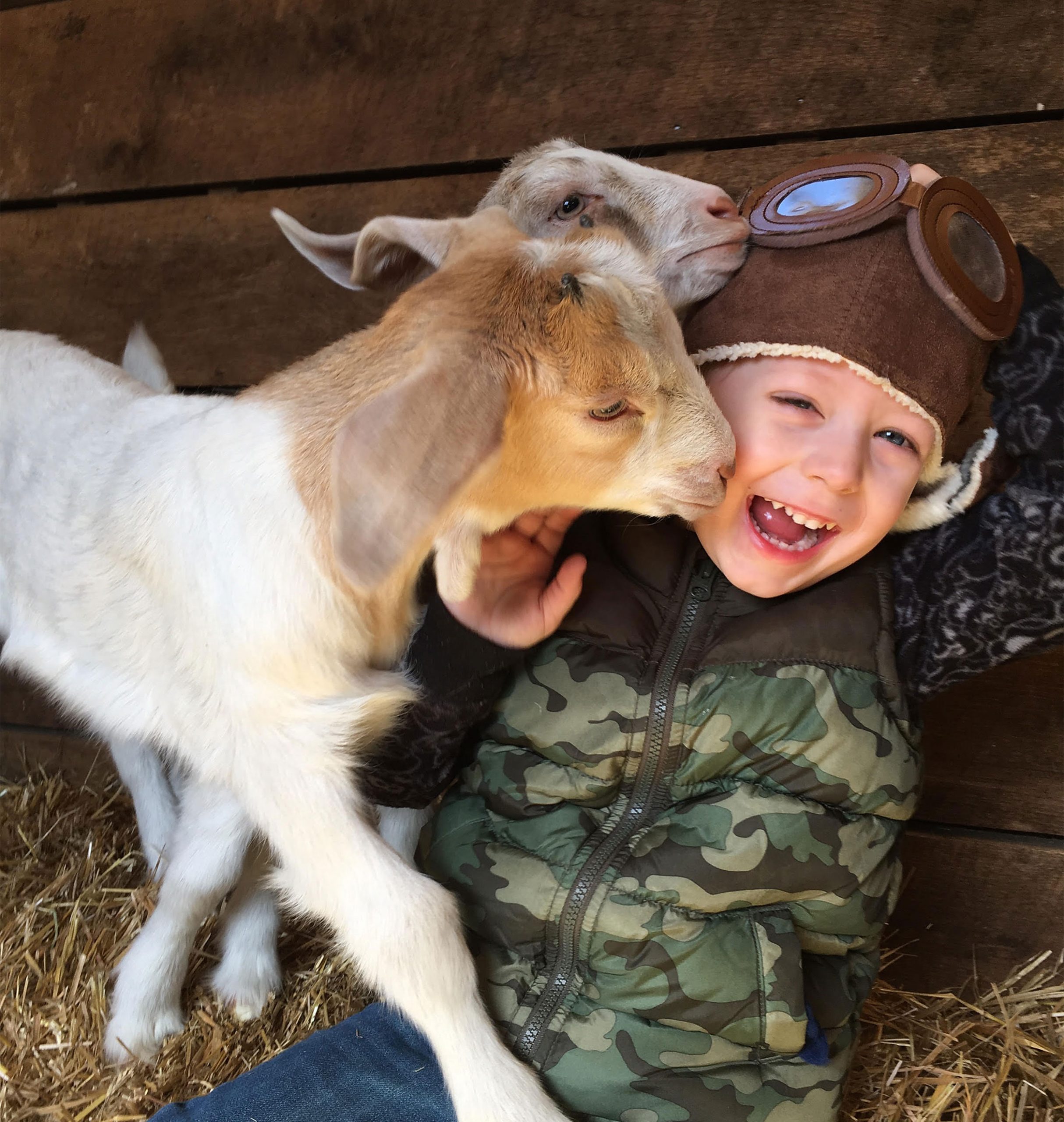

Visit the website for Tamerlaine Sanctuary & Preserve
Follow them on:

